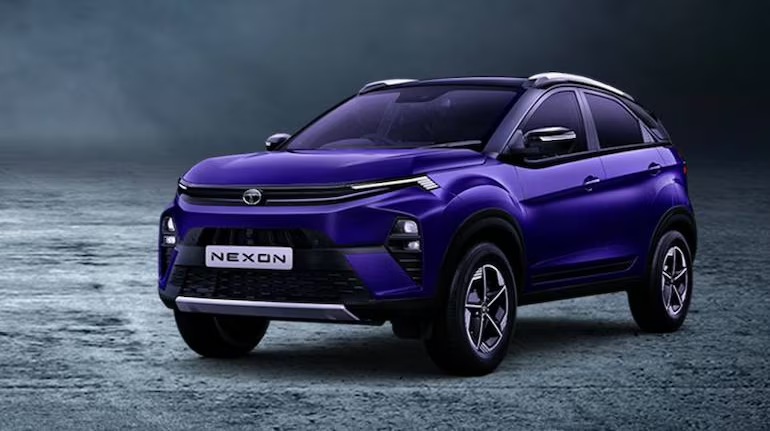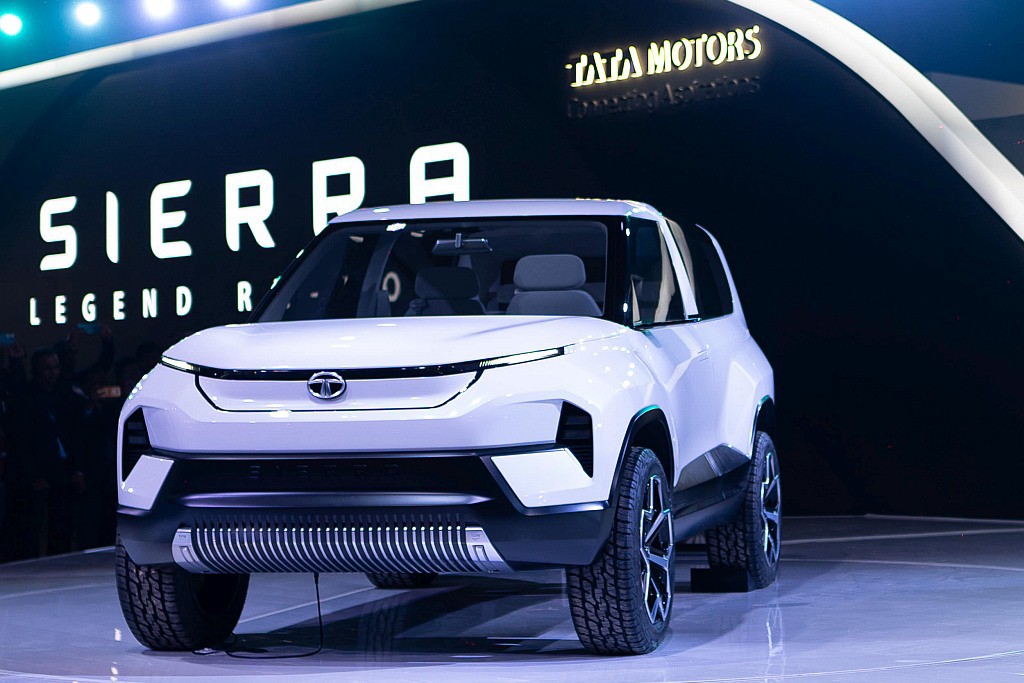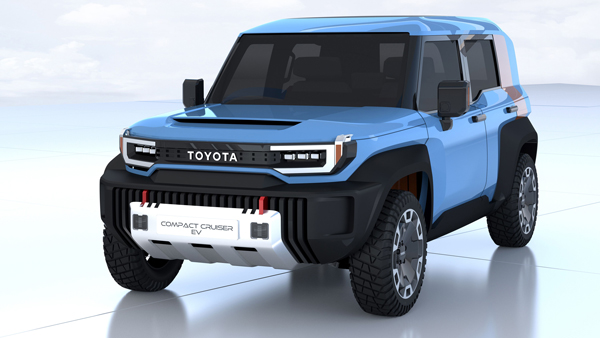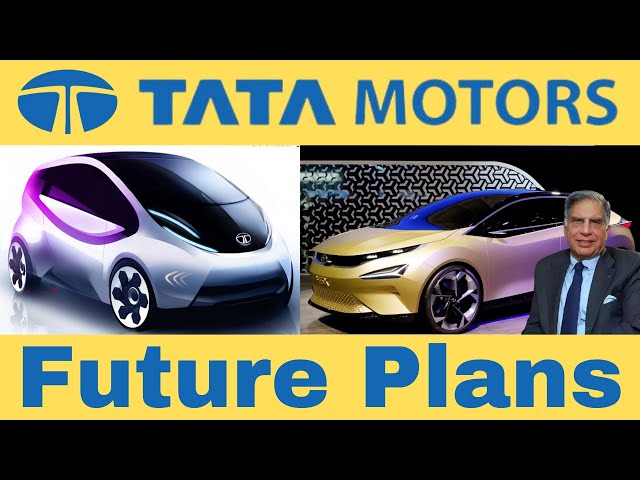
Tata Against Hybrid Incentives, May React If Market Develops
- “Tata Motors Opposes Hybrid Incentives: Will Adapt Based on Market Trends!”
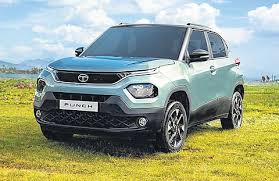
Article: Tata Motors Takes a Stand Against Hybrid Incentives – Future Reactions Based on Market Developments
Tata Motors has expressed its opposition to the current hybrid vehicle incentives in India, indicating a strategic shift in its approach to the evolving automotive landscape. The company is closely monitoring market trends and may reconsider its stance if consumer demand for hybrid vehicles increases. Here’s a detailed look at Tata Motors’ position and the implications for the automotive industry.
Current Market Overview
| Aspect | Details |
|---|---|
| Company Position | Opposed to hybrid incentives |
| Market Focus | Electric Vehicles (EVs) and Internal Combustion Engines (ICE) |
| Future Adaptability | Will react based on market developments |
Reasons Behind Tata’s Stance
-
Focus on Electric Vehicles:
- Tata Motors is prioritizing its investments in electric vehicles, believing that the future of mobility lies in sustainable solutions rather than hybrids.
-
Market Dynamics:
- The company is analyzing consumer preferences and market trends, suggesting that if hybrid vehicles gain traction, Tata may adjust its strategy accordingly.
-
Cost Considerations:
- Tata Motors is concerned about the financial implications of hybrid incentives, which may not align with its long-term goals for EV development.
Potential Impact on the Automotive Industry
-
Consumer Choices:
- Tata’s decision may influence consumer perceptions of hybrid vehicles, potentially steering them towards fully electric options.
-
Competitive Landscape:
- Other manufacturers may need to reassess their hybrid strategies in light of Tata’s position, leading to a shift in market dynamics.
-
Policy Implications:
- The government may need to reconsider its hybrid vehicle policies based on industry feedback and market responses.
Conclusion
Tata Motors’ opposition to hybrid incentives reflects a broader strategy focused on electric mobility. As the market evolves, the company remains open to adapting its approach based on consumer demand and industry trends, positioning itself as a leader in the transition to sustainable transportation.


